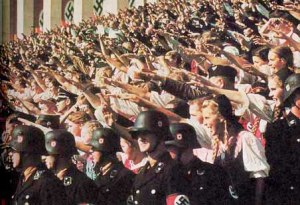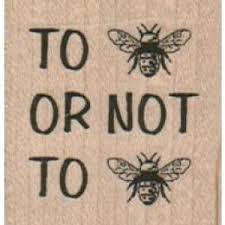Imagine a student—let’s call him Scotty. Scotty is a sophomore in high school and takes two AP classes: AP European History and AP Chemistry. It’s 2AM, and our poor friend is still working on his daily AP Euro homework, which can take up to two hours. After he finishes, he goes to sleep.
AP students don’t get too much sleep.
Sleep takes up—or should take up—about one third of our daily lives
It’s when our body takes time to relax and our brain takes time to process the day. So if we don’t sleep well, our days tend not to be great as they could be. So here are some tips for better sleep.
- Have a sleep schedule
Even on weekends, holidays and days off, try to wake up and fall asleep around the same time. This reinforces regularity in your body’s circadian rhythm, which is also known as it’s biological clock. A regular circadian rhythm helps to promote better sleep
- Pay attention to what you consume a few hours before sleeping
Don’t go to bed either hungry or stuffed. The discomfort from this keeps us up. In addition to that, avoid nicotine, caffeine, alcohol, or other similar substances. Nicotine and caffeine are stimulants can keep you up. Alcohol can help you fall asleep, but it does so in a manner that disrupts the sleep cycle.
- Create a bedtime ritual
Do the same things each night. Doing so kind of tells your body that it’s bedtime. Relaxing activities especially can promote sleep. Some examples include taking a warm bath or shower, reading a book, or listening to some soothing music. However, be wary of the TV or other electronic devices. There has been some research that concludes that the light from these devices can interfere with our sleep
- Get comfortable
A cool, dark, and quiet environment is the best environment to fall asleep in. You can achieve this by installing shades, wearing a face mask, wearing earplugs, and not stacking up on the sheets. In addition to that, have a suitable mattress and pillow. You should be shopping for a mattress and pillow like how you shop for a pair of comfortable shoes. You spend a large fraction of your life in shoes. You also spend a large fraction of your life on a mattress and pillow. So make sure to invest.
- Try to limit your daytime naps
Long daytime naps can interfere with nighttime sleep. However, if you must nap, limit yourself to about 10 to 30 minutes per day, and try to make it during the midafternoon.

- Include physical activity in your daily routine
In addition to the plethora of other health benefits it provides, a good amount of exercise promotes good sleep, helping you to fall asleep faster and to enjoy deeper sleep. Timing is important, however. Exercising too close to bedtime can leave you too energized to fall asleep.
- Manage the stress
If there’s so much on your mind, and so much to think about, your sleep won’t too great. It may help to write down what’s on your mind or just a quick agenda and then set it aside for the following day.
When it comes down to it, sleep is one of the most vital parts of our lives. So let’s make sure we make the most of it
Howard






